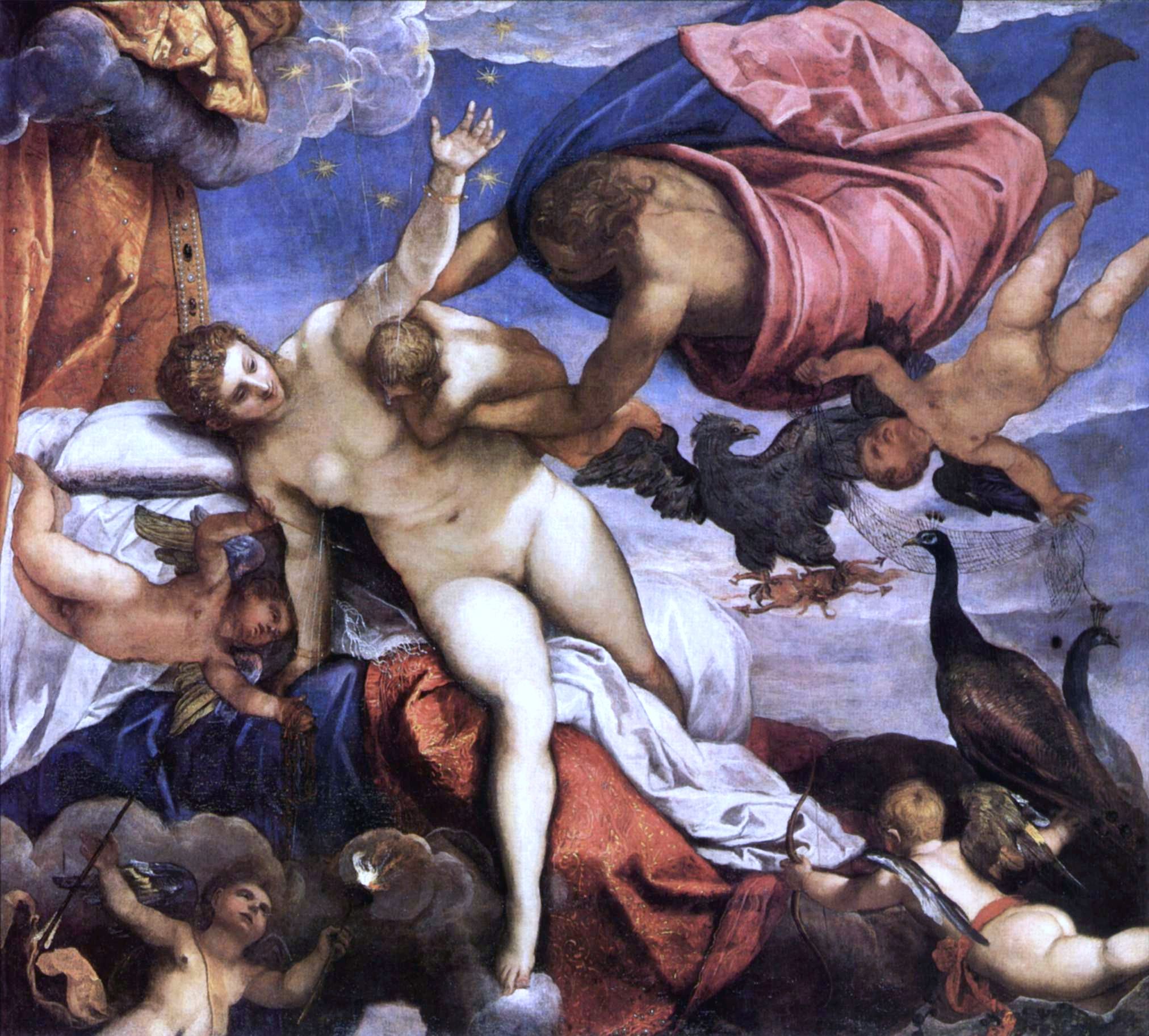We are bounded in
a nutshell of Infinite Space: Free Form #5: View the Stars like a Greek!
The Greek civilization is perhaps the best to refer
to when describing ancient Astronomy, in part because of the incredible amount
of records which have been kept across millennia. Aside from the wonderful
stories which describe how certain stellar constellations got their names, there
are a couple of stories which describe some of the basic tenets which were held
for centuries and millennia. This is the case of the origin for the word
Galaxy.
As the myth goes, Zeus, the king of the Greek gods,
ruler of the skies and Olympus, would impregnate mortal women, and his children
through them were the greatest heroes ever to walk the face of the Earth. One
such case was Heracles (‘Ηρακλε’ως), the son of Zeus and
Alcmene, who was gifted with god-like strength, endurance, and hubris. However,
when Heracles was being raised, Zeus wished he would be yearned with the mother’s
milk of a goddess, specifically: Hera. Aside, Heracles is an interesting word
play in ancient Greek, since his name literally means, the Glory of Hera, but
if you remember anything about their stories, you know they mutually hated each
other, to the point Hera caused the incident which led to Heracles’ 12 labors,
as well as turning Alcmene into a cow. Anyways, Zeus attempted to have Heracles
suckle Hera when we was a baby, placing him on her while she was asleep. As the
infant gained the powers of a god, Hera would wake and swat him aside, but her
milk would spill from her home in the skies. This spill would be the group of
stars concentrated around a patch in the sky, which was the Milky Way, both
figuratively and literally. After all, the word Galaxy comes from the Greek Γαλα’χτος, which literally means “of milk”.
 |
| Jacopo Tintoretto -The Origin of the Milky Way from https://upload.wikimedia.org/wikipedia/commons/8/80/Jacopo_Tintoretto_-_The_Origin_of_the_Milky_Way_-_Yorck_Project.jpg |
One more story for this time: Orion, the hunter.
Orion was one of the best hunters in all of Greece, so great that he rivaled
one of the gods with his prowess, Artemis, the goddess of the hunt, maidens,
and the moon. Orion and she would go on to become great friends, hunting the
greatest beasts in mythical lore, so much so Apollo, Artemis’s brother, became
jealous. Apollo would send a giant scorpion to lead Apollo to the sea, while he
convinced Artemis that Orion had raped her priestesses. Artemis would seek out
and kill Orion as he swam into a lagoon, but later finding her priestess all
right and the treachery unmasked, she placed the mighty hunter among the stars.
This figure, the three stars Alnitak, Alnilam and Mintaka making up its belt,
is one of the most prominent groupings of stars in the night sky, co much so
every major civilization we know of built temples to represent them (i.e. the
Great Pyramids of Giza), and have remained a staple of the coming of winter,
and for many Hispanic cultures, the arrival of the Three Wise Men to bring
gifts to children who remember their story.
There are millennia’s worth of stories written on
the stars, one only needs a little searching to hear them again, as they once were
on the isle of Lesbos.
References:
https://upload.wikimedia.org/wikipedia/commons/8/80/Jacopo_Tintoretto_-_The_Origin_of_the_Milky_Way_-_Yorck_Project.jpg
http://www.comfychair.org/~cmbell/myth/myth.html
http://people.ucsc.edu/~rosewood/writing/tales/orion.htm
http://www.ancient-code.com/wp-content/uploads/2015/12/76c29uIpyz-min.jpg
http://www.huffingtonpost.com/mario-livio/our-home-galaxy-myths-and-facts_b_1914174.html
No comments:
Post a Comment